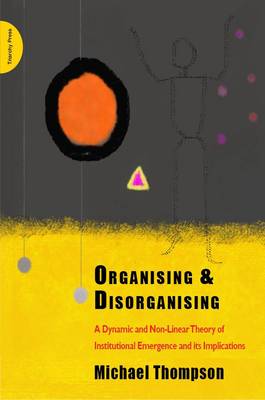We may believe that our perspective is the right one and that any interaction with opposing views is a messy and unwelcome distraction. Scale such a belief up onto the world stage, and we can expect the 'absolute pits'...the current financial crisis perfectly illustrates the danger of allowing one voice (individualist/markets) to drown out all the others. Using a range of examples and analogies, the author shows that what is needed is constructive and argumentative engagement: the democratisation, in other words, of processes. And in order to actually do that democratising, we have to avoid silencing any of the voices. In this way each approach gets more of what it wants and less of what it doesn't want. Cultural Theory argues that there are five ways of organizing (voices): the hierarchical (e.g. the Government), the egalitarian (e.g. Greenpeace), the individualistic (e.g. the markets), the fatalistic (nothing will make any difference) and the autonomous (deliberate avoidance of the coercive involvement in the other four). Each approach is a way of disorganising the other four, and without the other four it would have nothing to organize itself against.
The importance of Cultural Theory is brought into focus through case studies involving UNEP, DfID, Shell, the World Bank, Nepal, Arsenal Football Club, to name a few, illustrating the dynamics of how to enable responsible and enlightened action on challenging issues. The lively style of the presentation - punctuated with the author's delightful wit and humour - and its rigorous attention to detail makes this book suitable for anyone who understands the importance of variety and diversity, and how it can be used to achieve 'best outcomes'.
- ISBN10 1908009209
- ISBN13 9781908009203
- Publish Date 15 May 2011 (first published 15 October 2008)
- Publish Status Active
- Publish Country GB
- Imprint Triarchy Press
- Format eBook
- Language English
